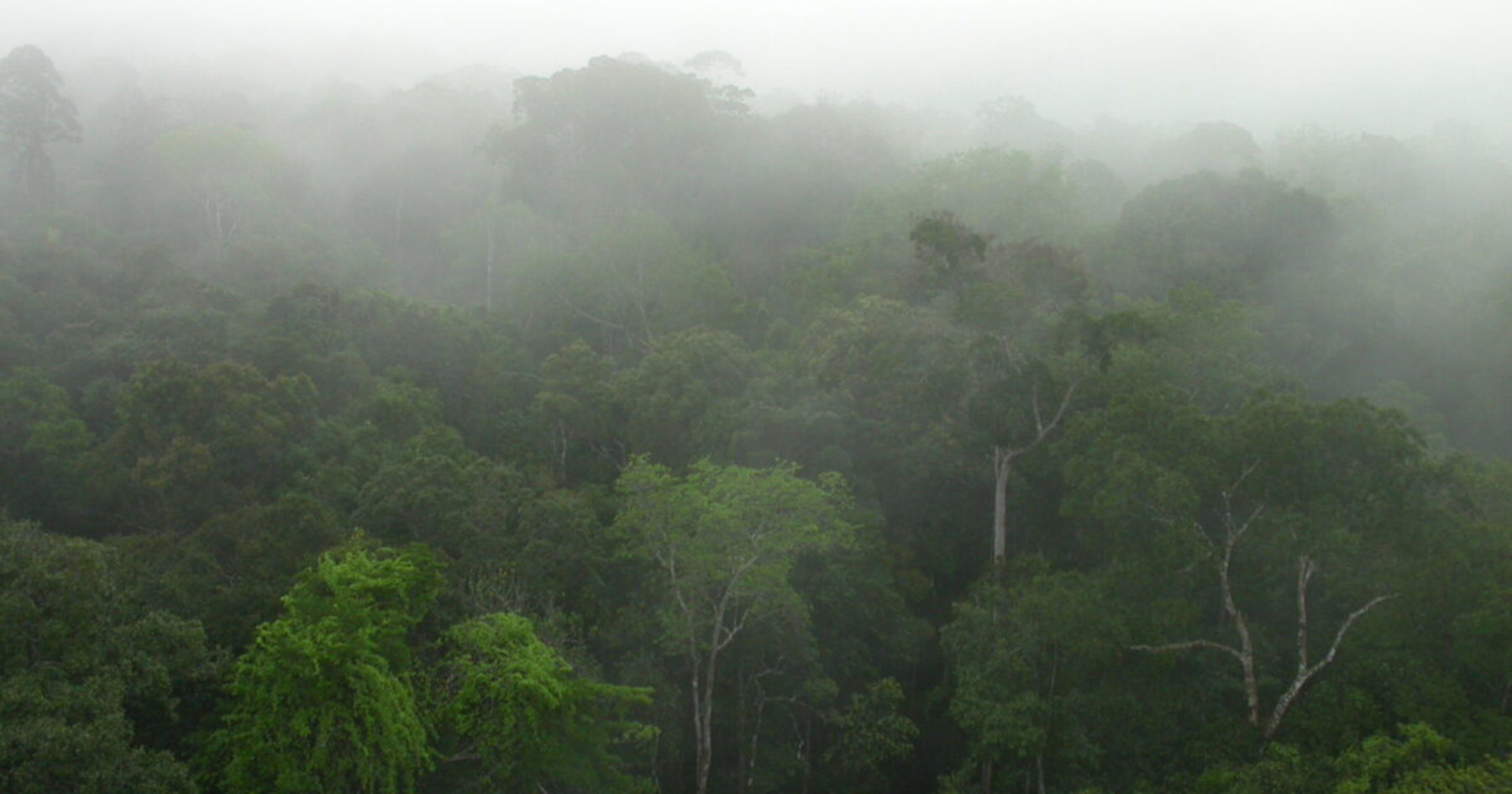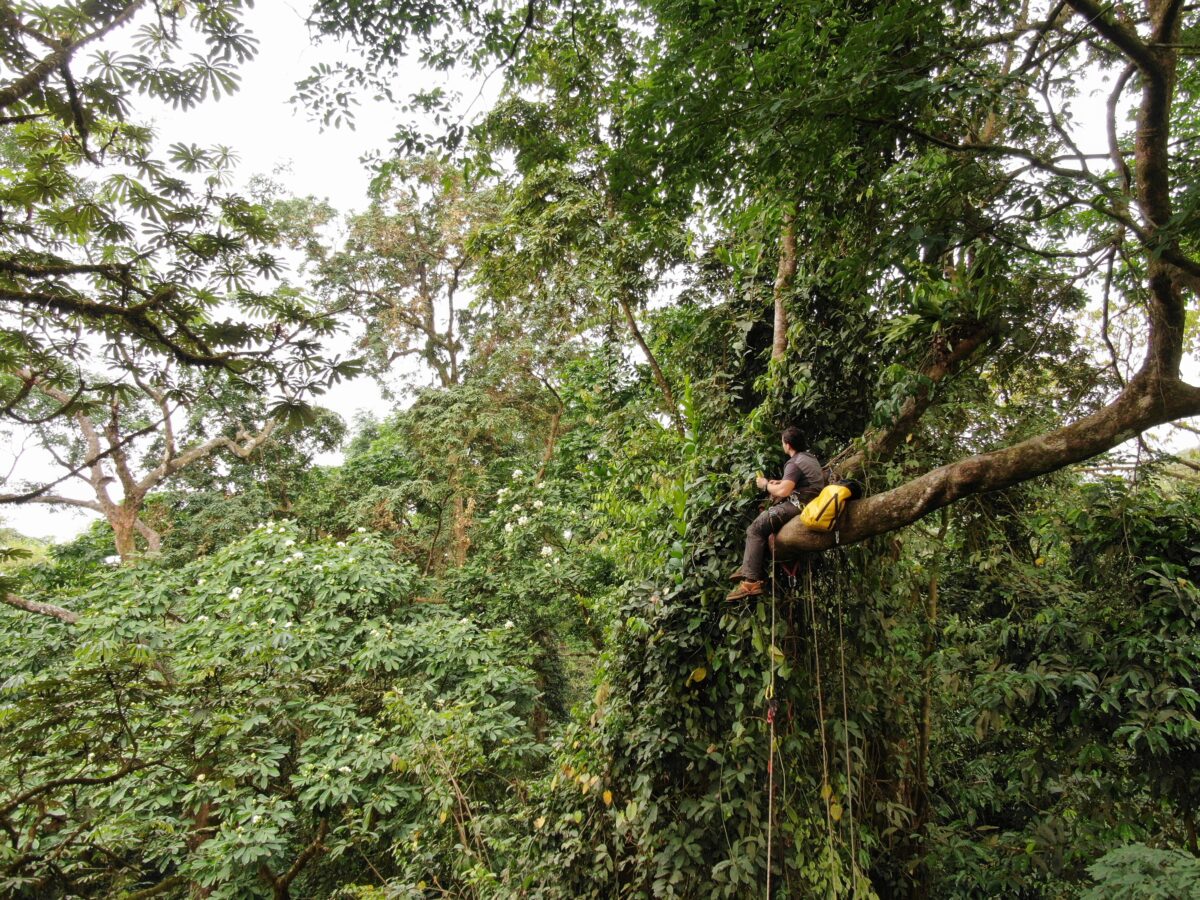Purdue forestry professor cultivates cyberinfrastructure for collaborative forestry research
While most scientific research fields maintain open-access data policies, access to forestry data remains limited.
“The utmost hurdle for the global community to conduct forestry and forest ecology studies, at a global scale especially, is lack of data. This has been a prominent problem for decades,” said Jingjing Liang, associate professor of quantitative forest ecology at Purdue University.
Now, Liang and Rajesh Kalyanam, a senior research scientist at Purdue’s Rosen Center for Advanced Computing, have launched a project to create the world’s largest metaverse in forestry research. They will grow this metaverse from Science-i, a web-based collaborative platform Liang founded in 2016.
Liang currently relies on email to assemble datasets to support his international projects. “That is not sustainable as Science-i becomes bigger and bigger,” said Liang, who heads Purdue’s Forest Advanced Computing and Artificial Intelligence Laboratory.
“We need a platform that can help us organize all the data, compile and then feed it to users while meeting the requirements of the data contributors.”
Political and economic reasons contribute to current restrictions on forest inventory data. Forests often encompass military reservations, making them matters of national security. Many nations are reluctant to share their data because doing so could potentially affect negotiations in the international carbon market.
The labor-intensive nature of collecting forest inventory data is another inhibiting factor. Highly trained crews often must travel long distances that take as long as weeks or more to begin their work. And private landowners often regard the details of their forest assets as proprietary.
For these reasons, the cyber infrastructures developed to support other subject areas have not applied to forestry data. Liang developed Science-i to address forestry’s special needs.
Science-i has about 20 studies in progress among its more than 400 members in nearly 60 nations. “Many of the projects are led by underrepresented researchers, including researchers from the global south, women scientists and graduate students, which we are very proud of,” Liang said.
 Rainforest near Manaus, capital of Amazonas state, Brazil. Image courtesy of Hans ter Steege.
Rainforest near Manaus, capital of Amazonas state, Brazil. Image courtesy of Hans ter Steege. With Science-i, contributors can choose which projects to participate in and when to withhold their data. When datasets are shared, contributors receive credit in all relevant publications.
With support from the National Science Foundation, Liang and Kalyanam will integrate a data governance framework, machine learning tools and community collaboration features into Science-i. The enhanced infrastructure will help Science-i fill three gaps in collaborative forestry research: lack of computing capacity; limited access to critical research data; and insufficient global expert support. This work also complements the work of Purdue ‘s Institute for Digital Forestry.
Many Science-i members are prominent forest scientists, foresters and government officials. “To simply have their participation and a close collaboration in this international platform is a sign of hope for the future,” Liang said.
Two Science-i pilot case studies now in progress support underrepresented researchers in projects of vital importance to accurately quantify forest carbon sequestration and climate-change mitigation capabilities, Liang said.
 Fieldwork to collect data on trees for the Global Forest Biodiversity Initiative. Image courtesy of Radomir Balazy.
Fieldwork to collect data on trees for the Global Forest Biodiversity Initiative. Image courtesy of Radomir Balazy. One project is quantifying tree size and forest stocks globally in collaboration with indigenous and rural communities. A second project aims to quantify forest migration. That the geographic range of tree species has changed with climate is a well-known phenomenon. Few studies, however, have sought to document how an entire forest can migrate with time.
“This is very important, especially for indigenous and rural communities,” Liang noted, because their histories, cultures and identities are often linked to their forest surroundings.
“If the forest type changed, part of their culture, part of their identity may be lost, and they have to work hard to re-establish this connection with nature. This is quite difficult,” Liang said.
Further, the livelihood of many rural communities is closely linked to forest products and outdoor reactional activities.
Liang and the National Indian Carbon Coalition, an organization encompassing indigenous communities across the U.S., Canada and Mexico, will host collaborative workshops at Purdue to discuss ways they may potentially address climate change issues in their communities.
“Forests are migrating, the forest type changes, and they are facing a new game. This will pose a challenge to underrepresented and rural communities. We need to get them involved,” Liang said. “We need to collaborate to find out how we can mitigate this problem.”





